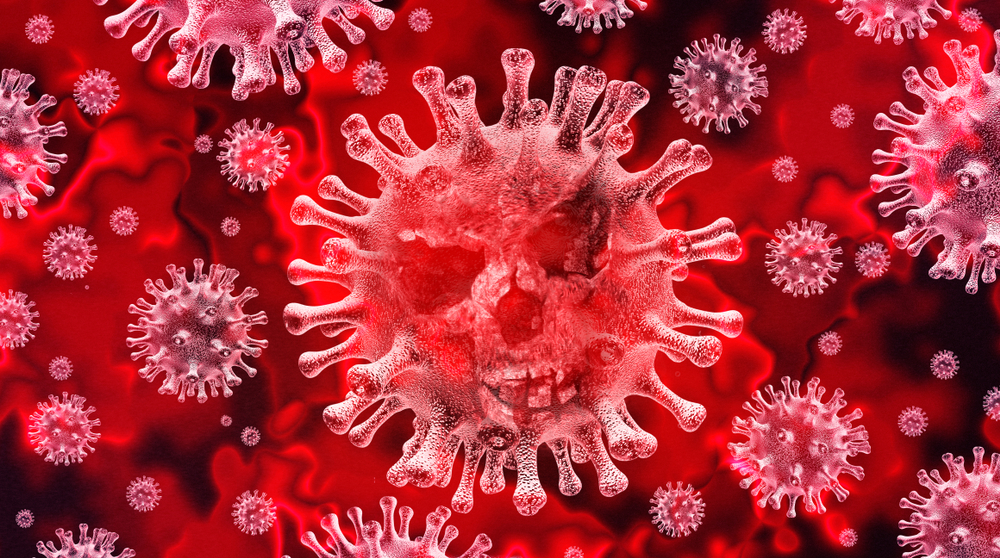Photo Credit: Lightspring/Shutterstock.com
Thirty students and three teachers from a Palm Beach Gardens day school are back on campus after being confined to their homes for five days. The Benjamin School allowed the students and staff to return to their respective classrooms. The scare came after a student from China showed signs and symptoms of the virus at a Model United Nations conference at Yale University last weekend that the students and teachers were attending.
The interim director of the school in Palm Beach Gardens sent a letter to parents letting them know a backlog at the only U.S. lab testing for the virus meant the group’s return to class would be delayed. Confinement at home was therefore necessary until the all-clear was given.
Reports from several local news outlets have stated the decision was due to new information from the Center for Disease Control and Prevention, as well as information from health authorities and research published overnight. (Sources: South Florida Sun-Sentinel and Palm Beach Post.)
The news comes in the wake of an outbreak of the virus originating in Wuhang, China. More than 200 people have died, with 9,800 confirmed to be infected with the virus. More people have been infected with the coronavirus in China than were sickened there during the 2002-2003 SARS outbreak.
Health officials across the world are trying to take adequate precautions without triggering mass panic. So far, six people have tested positive in four states but none have passed away. On Wednesday, the White House announced the formation of a new task force to lead the U.S. response to coronavirus. President Trump’s administration issued a statement on January 31 suspending entry into the United States for any foreign nationals who have traveled to China. As of February 2, any United States citizens returning home who have been in the Hubei province of China within the past 14 days will be quarantined for up to 14 days, administration officials stated.
The 2019-nCoV coronavirus is a virtually unknown disease. The only information we have about it currently is largely based on what is known about similar coronaviruses. Coronaviruses are a large family of viruses that are common in many different species of animals. Animal coronaviruses can infect people (rarely) and then spread between people such as with MERS, SARS and now with 2019-nCoV.
Person-to-person spread is thought to occur mainly via respiratory droplets produced when an infected person coughs or sneezes, similar to how influenza and other respiratory pathogens spread. These droplets can land in the mouths or noses of people who are nearby or possibly be inhaled into the lungs. It’s currently unclear if a person can get 2019-nCoV by touching a surface or object that has the virus on it and then touching their own mouth, nose, or possibly their eyes.
Symptoms include coughing, shortness of breath and a fever, which is very similar to the flu. There is currently no vaccine for the 2019-noROvirus. The only way to prevent infection currently is to not get exposed to the virus at all. Some ways to prevent exposure and infection (according to the Center for Disease Control and Prevention):
- Wash your hands often with soap and water for at least 20 seconds. Use an alcohol-based hand sanitizer that contains at least 60% alcohol if soap and water are not available.
- Avoid touching your eyes, nose, and mouth with unwashed hands.
- Avoid close contact with people who are sick.
- Stay home when you are sick.
- Cover your cough or sneeze with a tissue, then throw the tissue in the trash.
- Clean and disinfect frequently touched objects and surfaces.
Melissa’s career in writing started more than 20 years ago. Today, she lives in South Florida with her husband and two boys.

